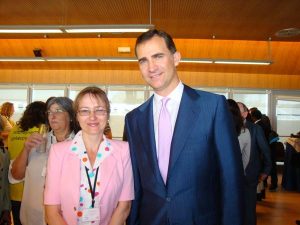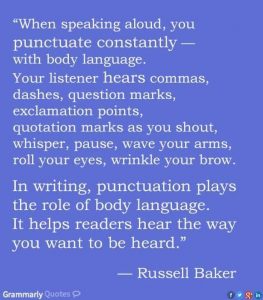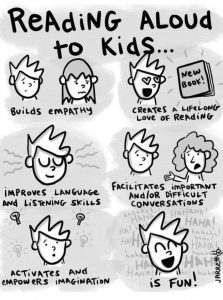“An article from the planetary online news show, September 23d, 2043 reads:
No Childhood
Year 2043 turned out to be triumphant for neuroscience, education, learning technologies, and global politics on the Earth. The united terrestrial government celebrated the first year of completion of its revolutionary “No Childhood” program – a new concept in evolution of humankind.
It had been known for a while that people’s brain has a limited capacity of absorbing and processing information. It takes a common person almost 30 years to become truly knowledgeable in one, seldom more, professional sphere. Desire to accelerate these slow biological processes was on educators’ mind for centuries.
Finally, a new way of educating newly born members of society had been created and approved for testing – educational programming while sleeping and growing. True, it doesn’t allow youngsters to enjoy their childhood, communication with family members and peers, grow emotionally in the usual way etc. Despite any drawbacks, “No Childhood” shortens time of relative social unproductivity in half – by the age of 15 people are fully grown physically and experienced in their occupations.
First 35 experiment participants are cautious, even-tempered and reserved, their emotions artificially suppressed. If they are for any reason not happy with their set of assigned skills, the choice being made by their guardians first, they can be easily reprogrammed.
Their brain is at its best, and exchange of its content components doesn’t really influence anything – thus the ability to paint can be replaced by the ability to write poems or make drawings of the buildings etc.
During the first year of their socialization, it became obvious that these 35 new people are useful members of the planet’s professional community. Are they satisfied with their accelerated life? How do they interact with their colleagues? Are they planning to have families of their own? Will they choose to teach their kids the same way? Will the Earth’s population accept this method of teaching its next generation? This is to be seen.”
STORY #2. A UTOPIAN FANFICTION – SUMMARY
“The Jump
Summary. In the long-forgotten year of 2055, the group of brightest tellurian scientists secretly started a cult – growing new people, half humans and half machines, to protect the mankind from space. Currently, in 13315, when the Sun is suddenly cooling down, it is up to the augments to save the unsuspecting humanity from the catastrophe. Their plan is clean and clear – to discretely move the Earth from the Solar system to another friendly star … “
MY COMMENTARY
As an undergraduate student studying languages and literature at the uni, I read tons of classic speculative fiction in my youth – of different genres, ages, and origin. After all, can’t we call John Milton a writer of speculative fiction? How about Jules Verne, Daniel Defoe and Jonathan Swift? And what about fairy tales? For sure, they’re of speculative nature too!
Personally, I always preferred a genre of fantasy – some magic, witchcraft, comic and heroic situations, injustice and a happy end help me to unwind every time.
But when I started seriously thinking about our close future for this task, none of the utopian, dystopian, apocalyptic, alternative, supernatural, horror, or scientific fictions came to my mind. I remembered Physics instead, my high school major and favourite subject. Basic law of Physics tells me that if I want to gain something, I should sacrifice something else. If we want future education to be better, we must be ready to say good bye to something that we currently enjoy.
This Anthony Dunne’s resource is not bad at exposing the modern world with its problems, but I failed to find there any sound solutions suggested by the authors.
So, while fantasy can lull me into a dreamy world for a while, reality is always based on fundamental knowledge – formal and natural sciences. Life is about balance, and my first fanfictions – No Childhood and The Jump – are small, open-ended and, hopefully, optimistic.

 In What Ways Does Oral Storytelling Differ from Written Storytelling?
In What Ways Does Oral Storytelling Differ from Written Storytelling?